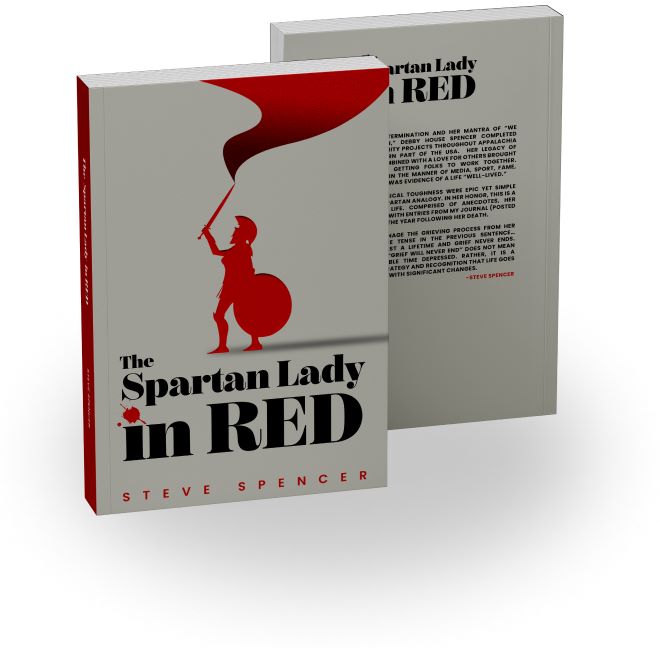Memoirs have the power to connect, inspire, and leave a lasting impression on readers. They bridge the gap between personal experience and universal truths, making your life’s journey resonate with others.
If you’re thinking about writing a memoir, the key lies in transforming your memories into lessons that inspire.
Here’s how you can craft a memoir that captivates and teaches.
1. Start with a Purpose
Before putting pen to paper, ask yourself: Why do you want to write a memoir? Is it to honor someone, like Steve Spencer did in The Spartan Lady in Red, or to share a transformative experience?
Clarifying your purpose will help you focus on what’s most important, guiding you to include stories that align with your goals. A memoir is more than just recounting events it’s about sharing insights that resonate with your readers.
2. Choose the Lessons You Want to Share
The most impactful memoirs are those that teach something meaningful.
Think about your experiences:
- What challenges have shaped you?
- What victories have defined you?
- What mistakes have taught you the most?
Readers love stories that mirror their struggles and triumphs, offering wisdom they can apply to their own lives.
3. Focus on Key Anecdotes
Not every detail from your life needs to make it into your memoir. Instead, focus on vivid anecdotes that illustrate your themes.
By choosing specific, impactful moments, you’ll keep your readers engaged while ensuring each story adds value.
4. Balance Honesty with Perspective
When writing a memoir, authenticity is critical. However, your goal isn’t just to recount events; it’s to offer perspective. Be honest, but also mindful of how your stories might affect others.
Remember, as Mark Twain humorously put it, “A writer should never let the truth stand in the way of a good tale.” While this doesn’t mean fabricating facts, it reminds us to focus on the emotional truths and lessons behind our experiences.
5. Use a Conversational Tone
Writing a memoir isn’t about impressing readers with big words or academic jargon. Instead, imagine you’re having a heartfelt conversation with a friend.
A conversational tone not only makes your memoir easy to read but also helps your audience feel personally connected to your story.
6. End with a Message of Hope
No matter how heavy your subject matter, leave your readers with a sense of hope or inspiration. Your memoir is a gift an opportunity to show that growth, healing, and transformation are possible.
Readers should walk away feeling motivated to reflect on their own lives and embrace the lessons they’ve learned.

Ready to Share Your Story?
If you’ve been thinking about writing a memoir, now is the time to start. You don’t need to be a professional writer to make an impact your unique voice and experiences are enough.
Begin with a purpose, focus on meaningful anecdotes, and let your story inspire others.
For more tips on crafting a compelling memoir or to explore how authors like Steve Spencer turned memories into lasting legacies.
Your story deserves to be told, start writing today.

